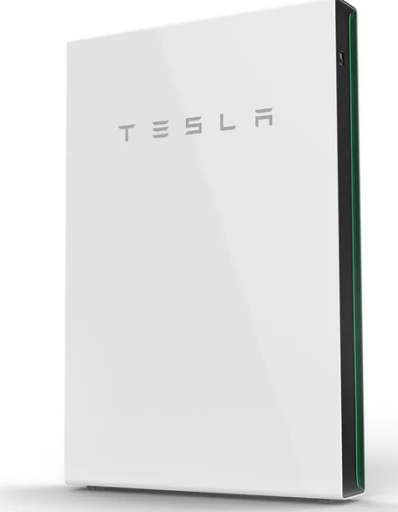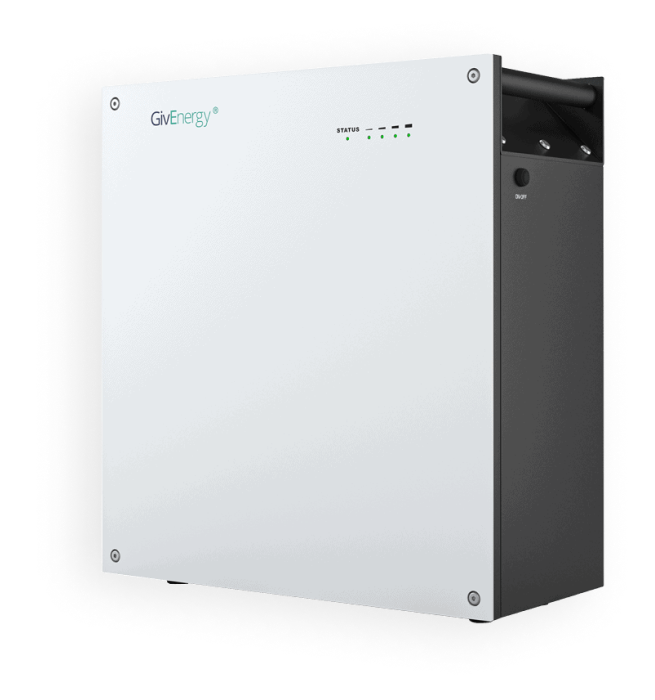Power Uninterrupted: Discover the Ultimate Battery Systems

What is a Battery Storage System?
Battery systems store energy for later use. The stored energy can be discharged during periods of high energy demand, at night, or during power outages. Battery systems can be used alone and set up to charge from the grid in a way that optimises energy efficiency. Alternatively, it can be paired with solar panels to reduce energy costs and boost your energy savings.
Benefits

Energy optimisation
Enhance your energy efficiency and reduce your costs by configuring your battery system to charge from the grid during periods of reduced energy costs and discharge it during peak hours.

Energy independence
Combine your battery with solar panels and reduce your reliance on the grid. Capture surplus energy produced during the day and discharge at night or during power outages.

Clean energy
Reduce the need for non-renewable energy sources and power your home with clean energy.

Little Maintenance
Battery storage systems are easy to set up. Other than visual inspections, they require little or no maintenance.
Battery Specifications

Tesla Powerwall
- Size: 13.5kWh
- Type: Lithium ion
- Depth of discharge: 96%
- Voltage: 50V
- Weight: 114kg
- Dimensions: 1150H x 753W x 147D (mm)
Features include:
- Detects outages and automatically powers your home
- 10 year warranty
- Can be mounted on the floor or wall and indoors or outdoors
- Water resistant
- Intelligent grid charging to maximise energy efficiency
- Tesla monitoring app
GivEnergy Battery
- Size: 5.2kWh
- Type: Lithium ion
- Depth of discharge: 80%
- Voltage: 51V
- Weight: 54kg
- Dimensions 515H X 480W X 223D (mm)
Features include:
- Can work as a standalone battery system
- 12 year warranty
- Can be mounted on the floor or wall and indoors or outdoors
- Compact design
- Non flammable and water resistant
- GivEnergy monitoring app and portal

FAQS
This depends on your specific needs and circumstances. If you tend to use a lot of energy in the evening and overnight, then batteries can store cheaper excess solar energy for later use. Even if you don’t have solar panels, batteries can still work alone and use the grid to charge up when electricity is cheap and discharge during peak hours. Of course, there is an initial cost when you purchase solar batteries and this depends on a number of factors such as the size of the system, the manufacturer and the complexity of the installation.
Residential battery storage systems often utilise lithium-ion batteries. Typically, these batteries last approximately 10 to 15 years on average. The specific lifespan is subject to various factors, including the depth of discharge (the extent to which the battery’s capacity is utilized in each charge-discharge cycle), temperature variations, and the particular chemistry of the battery.
This depends on the size of your solar panel system and your energy consumption patterns. If you generate a lot of excess energy from your current solar system, then a bigger battery system will be ideal to capture the majority of the excess energy. It nearly always makes more economic sense to store the excess energy for later use rather than to sell the energy back to the grid. Furthermore, if your energy consumption is higher in the evening or at night (when your system isn’t producing energy), a larger battery system may be necessary to store and use the energy at night.
This will vary significantly based on several factors such as the brand and manufacture you choose and the capacity of the system. However, the cost of batteries has reduced significantly in recent years making batteries more affordable. On the lower end of the scale, you can purchase a small battery for approximately £2,500. On the higher end of the scale, it can cost up to £7,000.
Batteries require little maintenance. Many modern battery storage systems come with built-in monitoring systems that allow users to track the performance and health of the batteries. However, it’s essential to follow the manufacturer’s guidelines regarding temperature control, charging and discharging cycles, and firmware updates.




